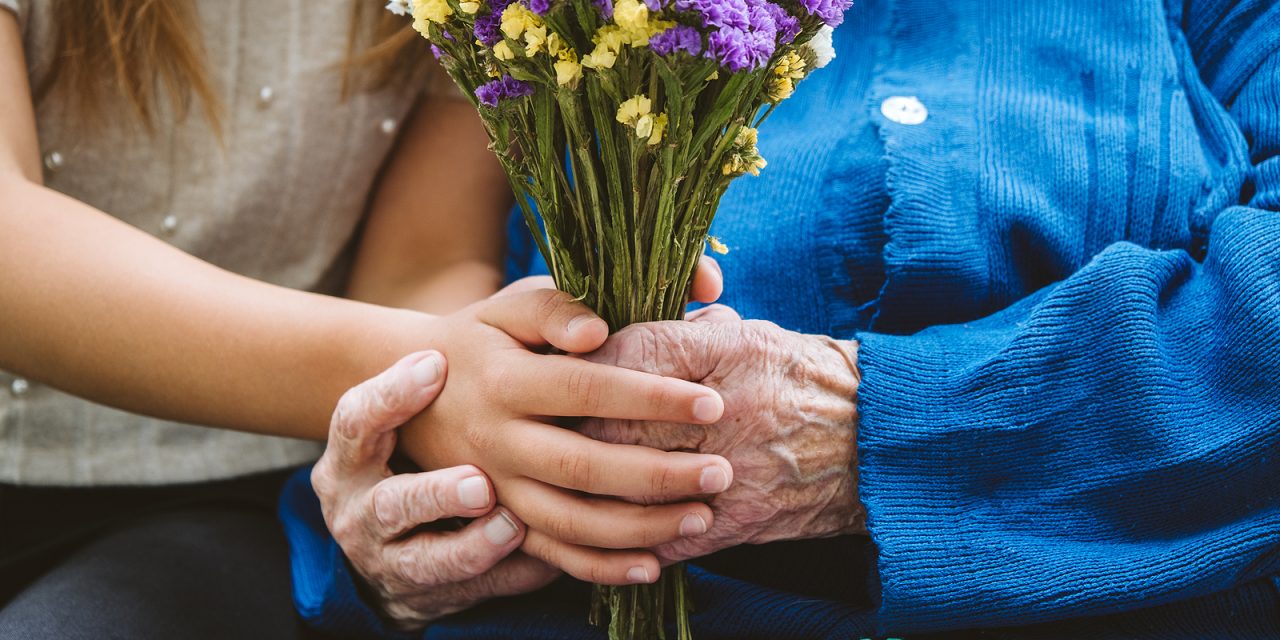Sometimes the little things make the biggest impact. I grew up in a generation that respected senior adults. Whether it was a grandparent in our church, a schoolteacher or a police officer, we were taught to use the language of respect. We said, “Thank you,” “Please,” “Excuse me,” “Yes, ma’am” or “No, sir” and used “Mr.,” “Mrs.” or another appropriate title.
As a youth pastor, one of my jobs was to teach life skills. I taught Bible truths and knowledge, but we also had classes on etiquette. Each year, we had a special night where the youth would dress up; men wore dress slacks, shirts and ties, and women wore dresses. We taught the young men how to seat a woman properly at a table and taught all the students what each fork meant and how to have an adult conversation—skills I have seen play out in their adult lives.
But the thing I am most proud of is that I also taught these young people how to respect, honor and engage with the senior adults in our church. I taught them the principle of identification as Jesus taught, expanded on by the apostle Paul. “For though I am free from all, I have made myself a servant to all, that I might win more of them” (1 Cor. 19:9, ESV).
I did all this through “Becoming A Senior Adult Afternoon,” in which I turned them physically into senior adults. They each drew from a bucket that contained different senior adult experiences: poor vision, difficulty walking, wheelchair use and arthritic hands. Then we allowed them to sample the experience they had chosen.
The poor vision group taped a double layer of gauze over their eyes. They could see, but things were fuzzy, and they had to lean in close to read their Bibles.
I had some other students tie a rope between their ankles, so they could only take about a six-inch step. While the other students were hurrying off to the next activity, the group of slow walkers came shuffling down the hallway. Other students had to use wheelchairs.
To simulate arthritis and loss of dexterity, we taped plastic bags over some students’ hands, extending about four inches past their fingertips. Trying to turn the pages in their Bible for a Bible drill quickly became cumbersome and frustrating.
One male student asked to be dismissed to go to the bathroom. As he came out, he seemed agitated. He looked at the crowd and said, “I almost didn’t get my zipper down in time!” Another student who was quick on his feet yelled, “Did you wash your bag before you came out?” The room erupted in laughter.
No matter which experiences they chose, the students had to stay like this for four hours. At first it was fun, but the fun ran out quickly, and they begged me to remove the restrictions that had been placed on them. By the end of the night, all the students felt compassion for the plight of the aged.
We always did this the Sunday before Valentine’s Day. Then our students would divide up and visit with our senior adults and put into practice what they had learned. Armed with carnations and new skills, these young people would visit our senior adults at home. They were to respect, listen and ask questions. The students were to visit each senior adult for 30 minutes. An hour later, the students were often still visiting the same senior adult.
One group of young and old was laughing and praying together. “What’s so funny?” I asked.
“We asked this senior adult man what it was about his wife when he first saw her that made him want to pursue her. He leaned into our group and whispered, ‘Her ankles. She had the most attractive ankles I had ever seen. In those days, the girls wore long skirts. All I could see were her ankles, and that was enough for me!’”
What happened that day became a bond between these two groups. The senior adults would come to me and say, “If that student ever has a need, let me know. If they want to go to camp or a mission trip, let me know.” Senior adults and students became a blessing to each other.
I have told every youth pastor that the secret to ministry is two things: 1) Get the parents on your side, and you can do anything you want. 2) Get the senior adults on your side, and you can afford anything you want.
Now that I’m a senior adult myself, I still believe in connecting these two groups. But I don’t have to draw my restrictions from a bucket; I am experiencing more of them every day!






